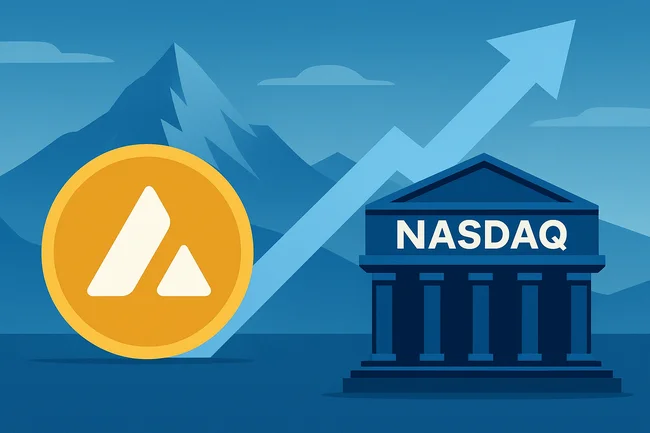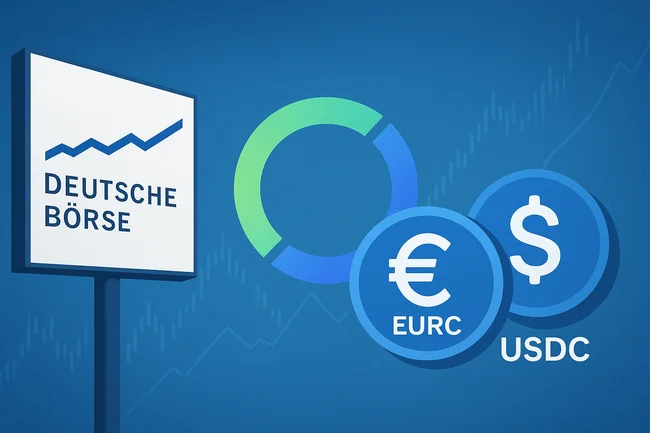An auction reserve price is the minimum price that a seller is willing to accept for an asset during an auction. This concept is commonly used in various marketplaces, including digital assets and collectibles.In a typical auction, the reserve price is not disclosed to bidders. If bidding does not reach this threshold, the asset may not be sold. This protects the seller from having to part with their asset for less than its perceived value.For sellers in cryptocurrency, setting a reserve price can help ensure they achieve an acceptable minimum return. It also encourages serious bidders to participate, as they know there is a limit to how low the asset can go in price.If the highest bid does not meet the reserve price, the seller can choose to retain the asset and potentially auction it again at a later date. This mechanism adds a layer of strategy to the auction process, influencing both bids and the final sale outcome.

Avalanche Treasury Co. to Go Public in $675M Deal With Mountain Lake Acquisition
Avalanche Treasury Co. (AVAT), a digital asset treasury company aligned with the Avalanche Foundation, said Wednesday it has agreed to



